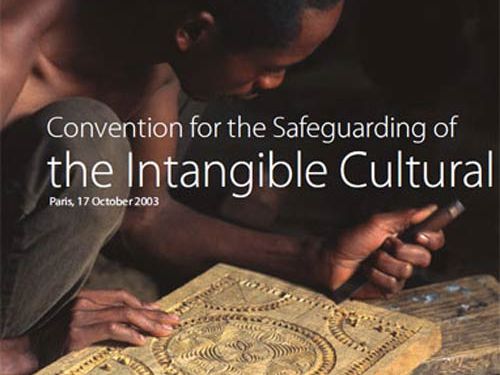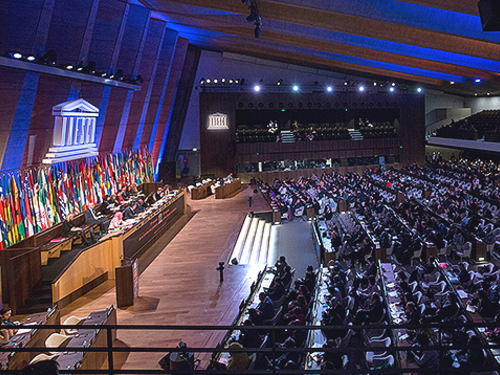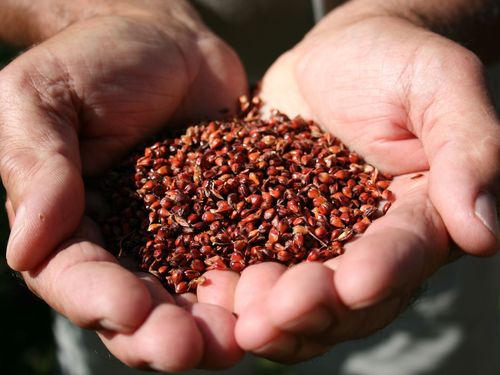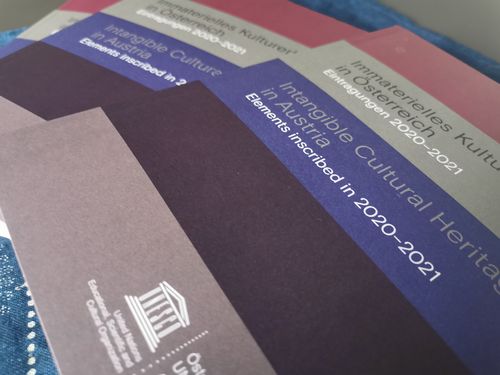Blake, J (2015) Human Rights Dimensions of Gender and Intangible Cultural Heritage. IN Human Rights Defender, 24. 5–7. Link: https://search.informit.org/doi/10.3316/INFORMIT.376837341141568
De Vido, S (2017) Mainstreaming Gender in the Protection of Cultural Heritage. IN Sapere l’Europa, Sapere d’Europa 4, . 451–468. Link: https://www.semanticscholar.org/paper/Mainstreaming-gender-in-the-protection-of-cultural-Vido/c48e6e4ddcd785762b3fcd4a1b77cdfcfff812c4?p2df
Lowe, T (2013) Cultural Heritage as a Tool for Development and Diplomacy: Examining Further Uses of UNESCO’s Intangible Heritage-Based Socioeconomic Development Programs for Women. Master's Dissertation. Link: https://www.semanticscholar.org/paper/CULTURAL-HERITAGE-AS-A-TOOL-FOR-DEVELOPMENT-AND-OF-Lowe/e3a92721d03ccb03e554737b84e4da95eea1ff85?p2df.
Reading, A (2014) Making Feminist Heritage Work: Gender and Heritage.
Ubertazzi, B (2015) Territorial and Universal Protection of Intangible Cultural Heritage from Misappropriation. IN New Zealand Yearbook of International Law, . Link: http://www.nzlii.org/nz/journals/NZYbkIntLaw/2010/3.html
UNESCO (2015) Intangible Cultural Heritage and Gender. Link: https://ich.unesco.org/doc/src/34300-EN.pdf





